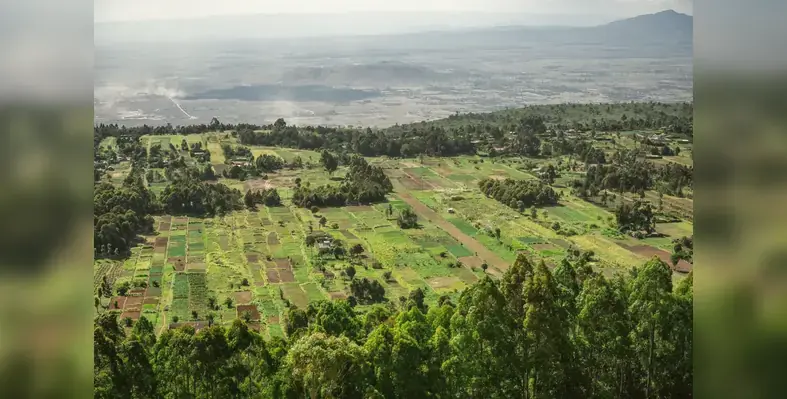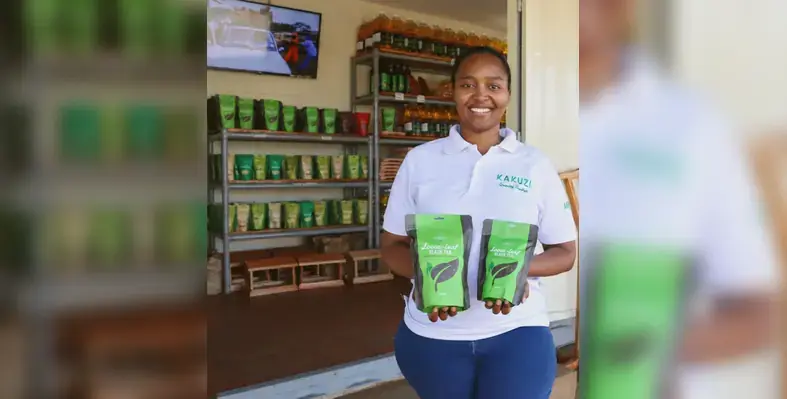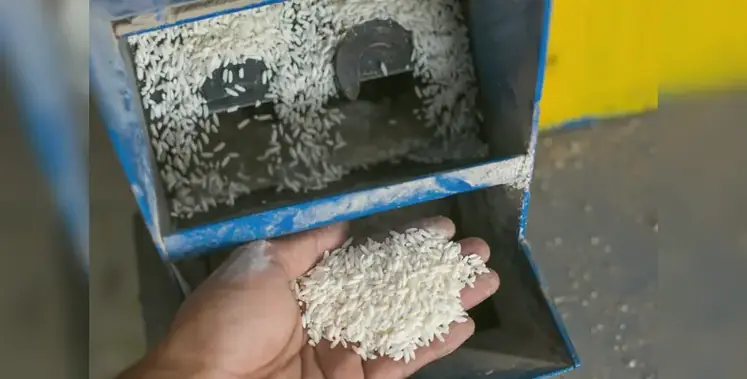Swedfund has committed US$15mn to Phatisa Food Fund 3, a private equity fund focused on established businesses operating across the food value chain in several African countries.
The investment is designed to strengthen food security, support the creation of decent jobs, and help build more resilient and sustainable food systems across the region.
Food systems in Africa are facing growing pressure from rapid population growth, climate related challenges, and fragmented supply chains. These factors continue to limit access to affordable and nutritious food while placing strain on producers, processors, and distributors. Improving how food is produced, processed, and delivered is increasingly important to ensure food availability while supporting livelihoods and long term economic stability.
Phatisa Food Fund 3 plans to invest in companies that are looking to scale their operations or transition ownership. Drawing on Phatisa’s long standing experience in the food and agriculture sector, the fund is expected to support businesses with the potential to increase production capacity, improve operational efficiency, and create more stable employment opportunities. These investments are aimed at strengthening local and regional markets while encouraging sustainable business practices.
Sebastian Süllmann, Investment Manager for Food Systems at Swedfund, said, “Strengthening food systems is essential for inclusive and resilient growth across African markets. Through this investment, we help channel long-term capital to companies that can expand production, support decent jobs, and improve access to affordable and nutritious food. The investment also contributes to deeper value chain integration, supporting more stable and sustainable livelihoods over time.”
Swedfund’s contribution forms part of an US$86mn first close for the fund, alongside other development finance institutions including BII, Norfund, IFC, and FinDev Canada. Together, these partners aim to mobilise long term capital to support food system transformation and economic development across Africa.









